About Project WILD
Project Wildlife in Learning Design (WILD) is an interdisciplinary conservation and environmental education program emphasizing wildlife.
The goal of Project WILD is to assist learners of any age in developing awareness, knowledge, skills, and commitment resulting in informed decisions, responsible behavior, and constructive actions concerning wildlife and the environment.
A national network of state wildlife agency sponsors ensures that Project WILD is available nationwide and is providing professional development for formal and non-formal educators. From awareness to action, this hands-on approach to learning engages students in investigating the world around them, connecting them to conservation careers, and participating in solid STEM activities.
Program offerings
Project WILD workshops are intended for K-12 teachers and environmental educators, covering the wide spectrum of wildlife diversity in our main programs: Terrestrial, Aquatic, and Bird.
Main programs
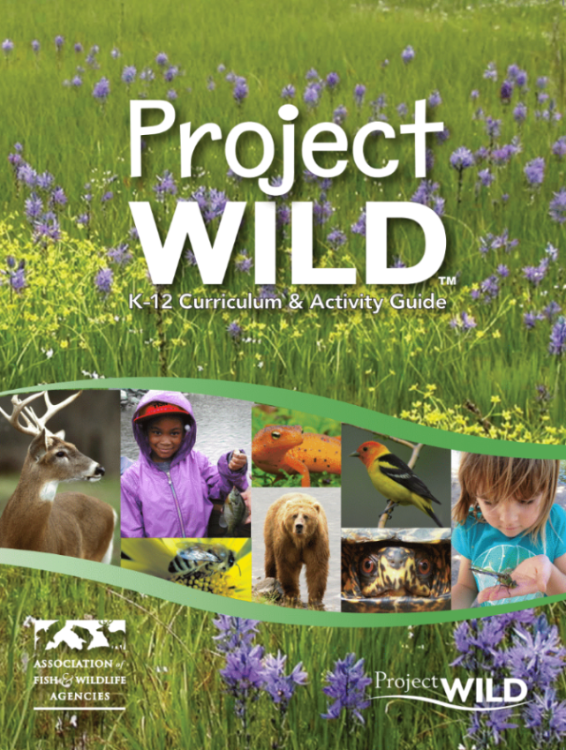
Project WILD (aka Terrestrial WILD) Curriculum & Activity Guide
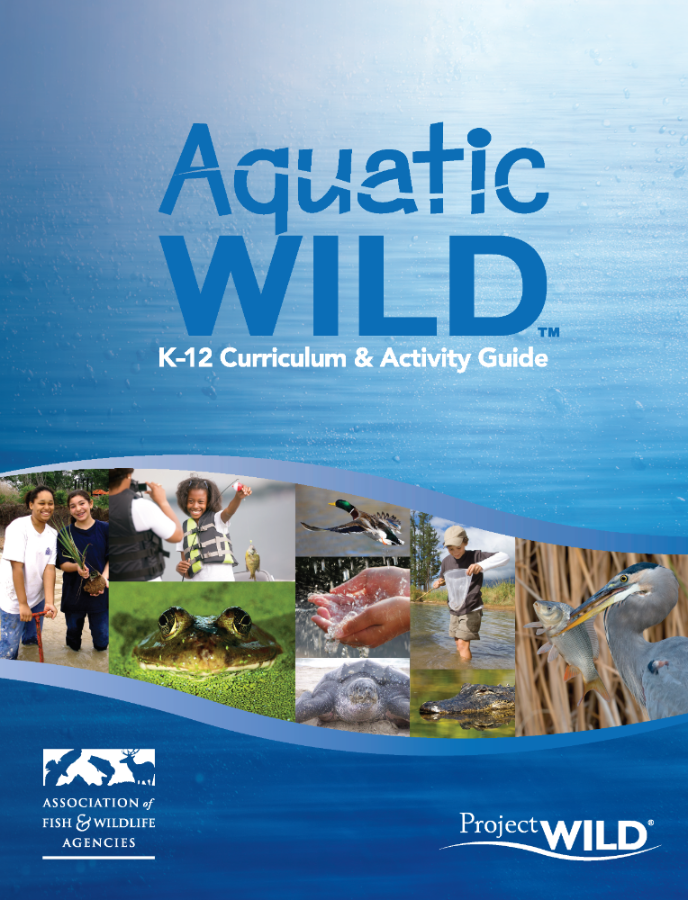
Aquatic WILD Curriculum & Activity Guide
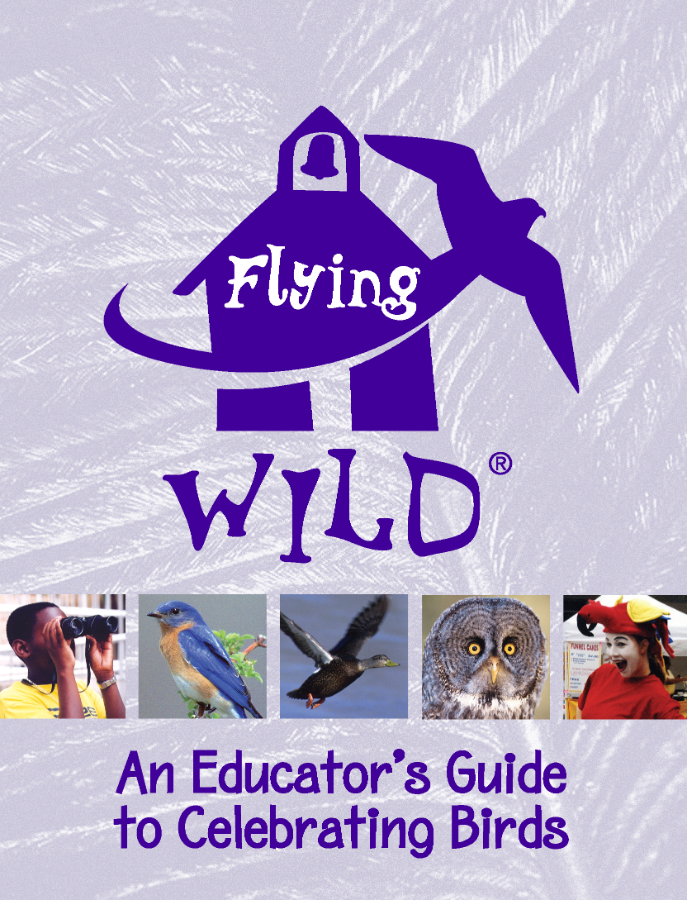
Flying WILD
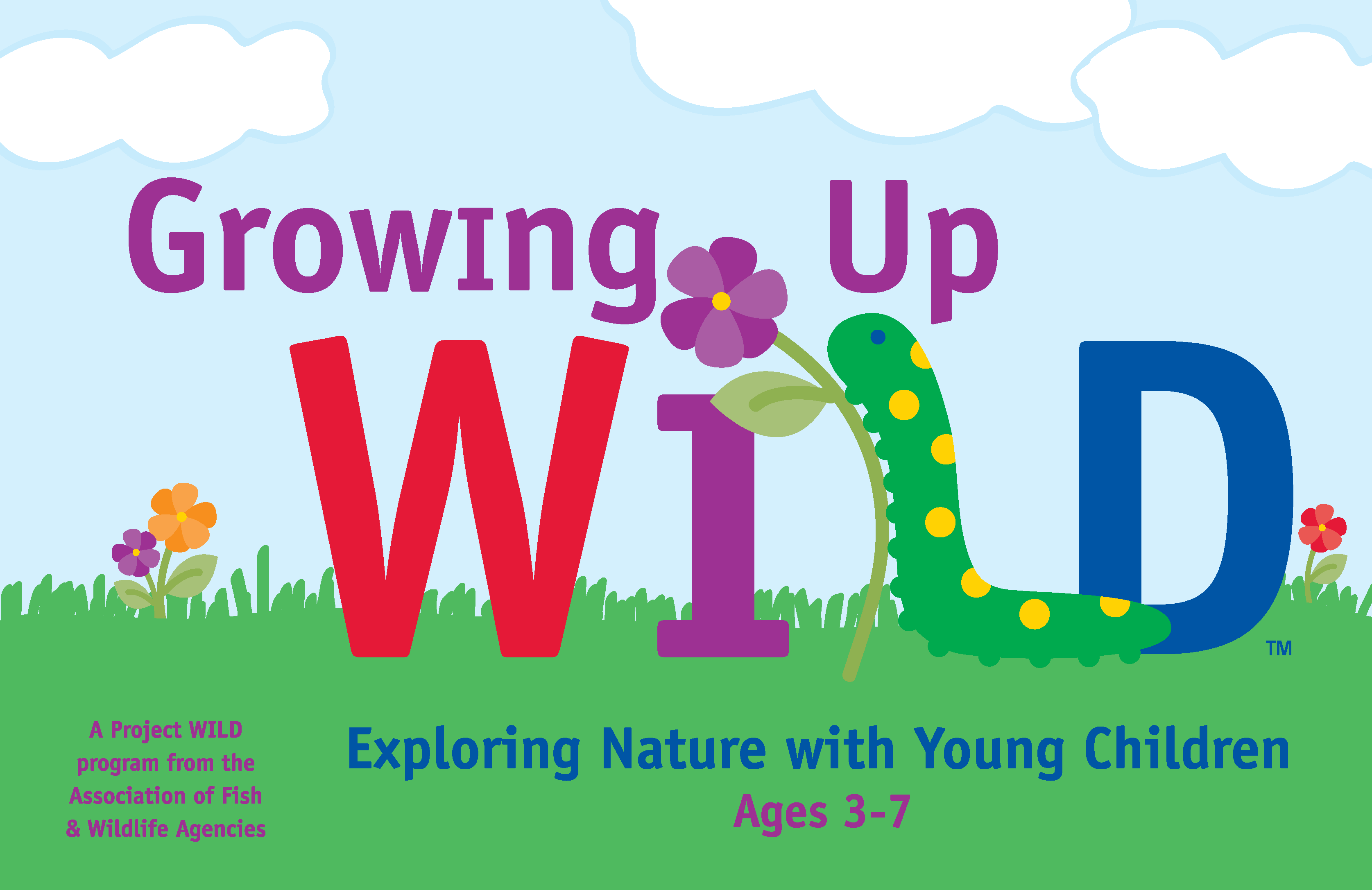
Growing Up WILD
Specialized programs
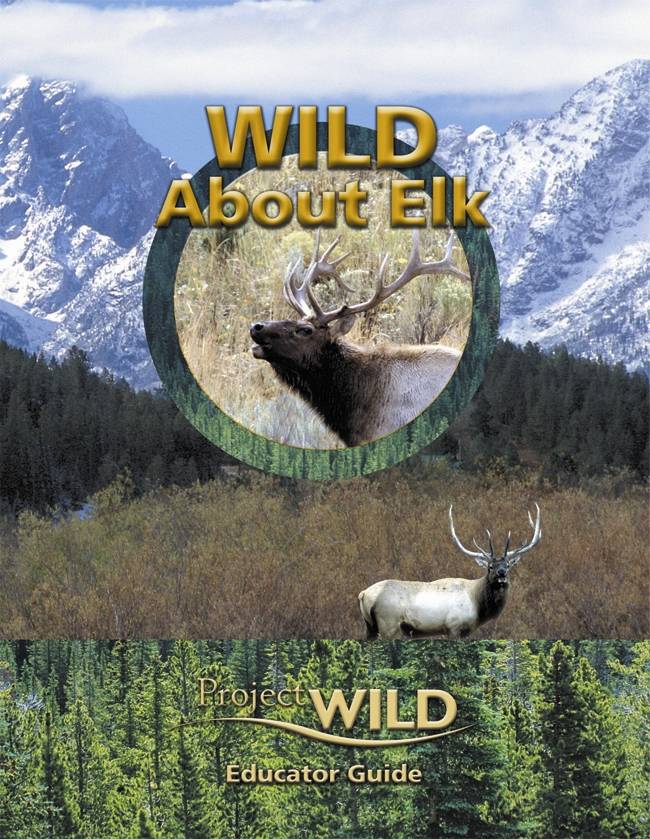
WILD About Elk
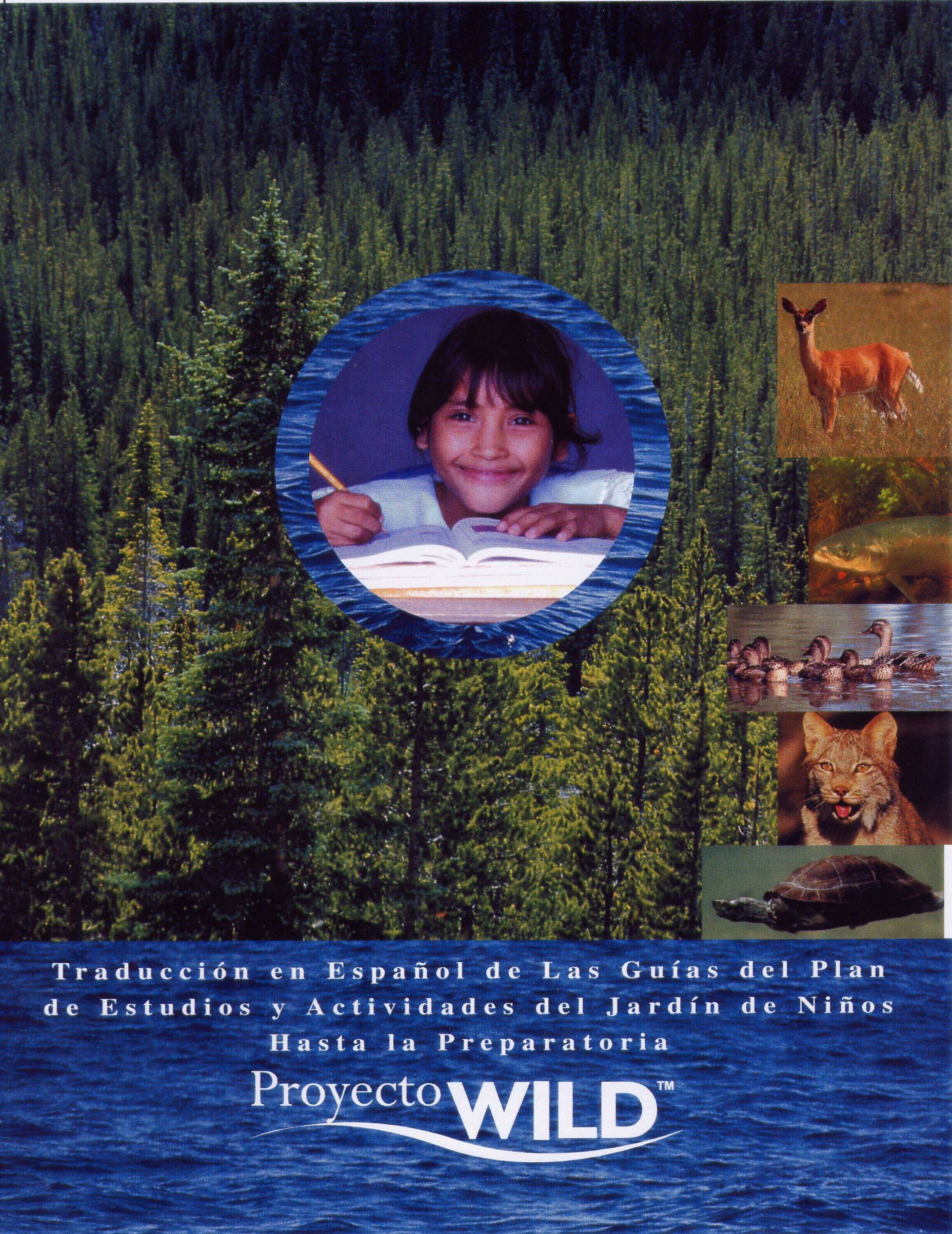
Proyecto WILD
Goals
Project WILD is an interdisciplinary program designed for active learning. Project WILD is standards-based and provides scientifically sound materials.
The activities emphasize outdoor learning and field investigations. They are broken up into three sections including Ecological Knowledge, Social and Political Knowledge, and Sustaining Fish and Wildlife Resources.
In the new 2018 version of the Activity Guide, there is an increase in field investigations, “In Step with STEM” activity extensions, and “Wild Work” sections on career.
National history
Project WILD (Wildlife in Learning Design) was introduced in 1983 by the Western Regional Environmental Education Council (WREEC), now the Council for Environmental Education (CEE), and the Western Association of Fish & Wildlife Agencies. Project WILD was developed by classroom teachers, other education professionals and wildlife experts. It was tested in the classroom and in parks and other non-formal education institutions. Aquatic WILD was introduced in 1987.
By 1991, all 50 states sponsored Project WILD, along with 6 national and 5 international sponsors.
In 2017, The Association of Fish and Wildlife Agencies (AFWA) became the national sponsor of Project WILD.
Since Project WILD was introduced in 1983, more than 1.5 million educators in the United States have participated in Project WILD and Aquatic WILD workshops. Those educators, in turn, have reached over 100 million youth since the program was first introduced. This success, which has made Project WILD one of the largest wildlife education programs in the world, is possible only through the enthusiastic support of Project WILD’s extensive and talented network of Project WILD sponsors, coordinators, and facilitators.
History in Missouri
After being released nationally in 1983, Project WILD first came to Missouri in the Kansas City Public School District in 1991 and to the St. Louis Zoo in the 1992. It was picked up by the Missouri Department of Conservation’s Office of Environmental Education as the first sponsoring agency and first state coordinator. State-wide WILD workshops were then offered statewide. In 2017, Project WILD was transferred to Missouri State University under the Bull Shoals Field Station. MSU is now state sponsor for and houses the state coordinators for Missouri Project WILD.
State Coordinator for Missouri - Indigo Tran
Indigo Tran has been in education and specifically higher ed for close to a decade. They became an outdoor educator and facilitator with the Projects in 2017 under Dr. Janice Greene. Indigo is currently based out of Missouri State University, splitting their time between coordinating the Environmental Education Projects and being a STEM academic advisor in higher ed.